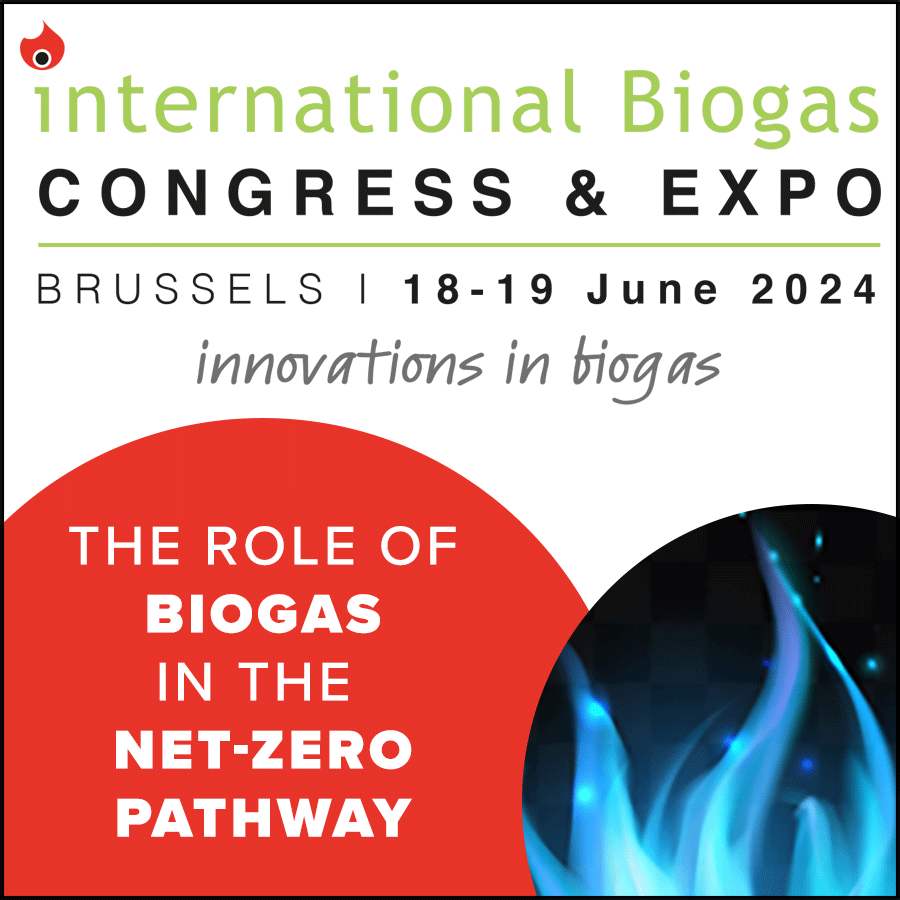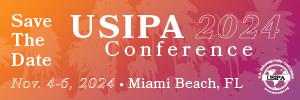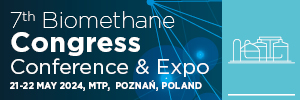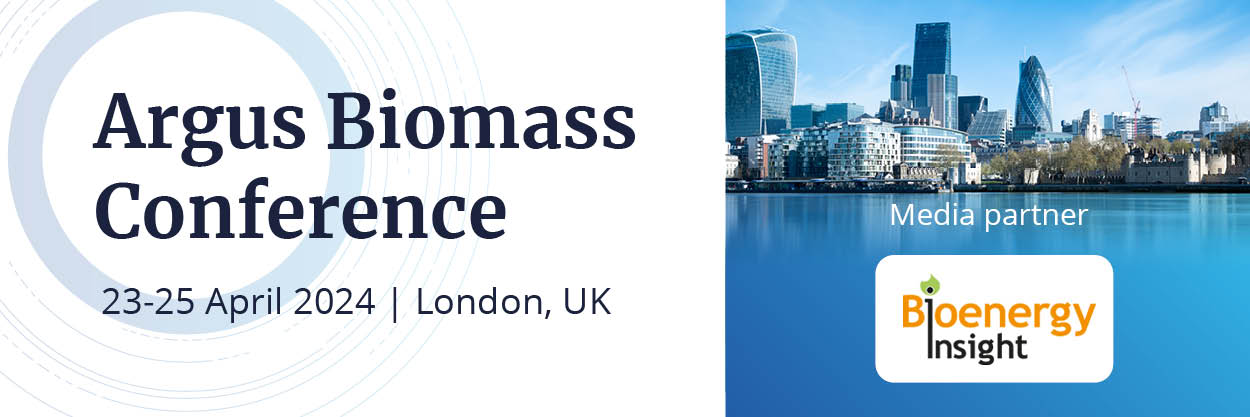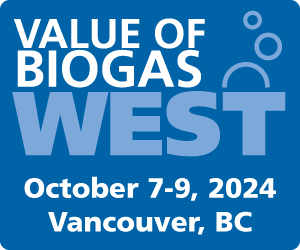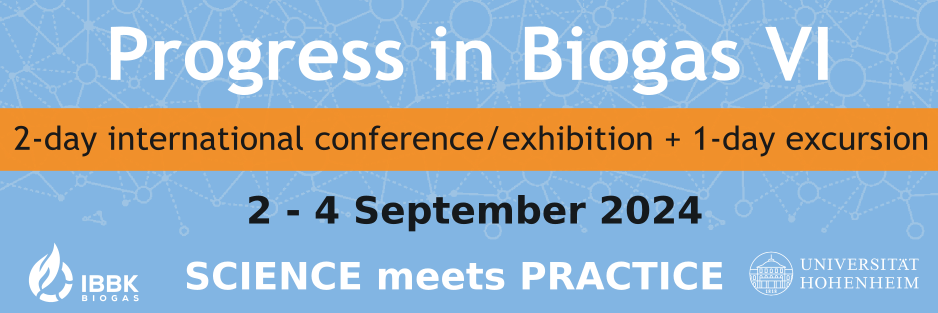Anaerobic digestion ‘rockets’ in Scotland
Official statistics from the Scottish Environment Protection Agency (SEPA) show recycling, composting and re-use of waste from ‘all sources’ has moved past 60% for the first time.
The new report covers 2016, and shows a trend towards increased recycling and re-use of waste, including through anaerobic digestion.
According to the SEPA statistics, 6.69 million tonnes (61%) of waste was recycled, composted or prepared for re-use in 2016. Half a million tonnes more than in the previous year.
More households and businesses recycled their food waste, with 605,614 million tonnes of organic waste being recycled in composting and anaerobic digestion facilities. A rise of 102,580 tonnes (20.4%) from 2015 and a remarkable 78.1% boost since 2011.
“These figures show some really positive progress towards a more circular economy – a big increase in recycling and reuse, more food waste being recycled, less waste going to landfill, and especially less climate-harming biodegradable waste,” said Iain Gulland, chief executive of Zero Waste Scotland.
“This has been achieved with hard work from local authorities and others, as well as the growing understanding of the importance of recycling and waste reduction in homes and businesses.”
Gulland continued: “They also show the importance of setting an ambitious and long-term policy direction. Scotland has led the way by introducing stretching targets and measures to limit and ultimately phase out the use of landfill for the most polluting wastes. That’s why Scotland is recognised as a world leader on the circular economy and why others are now emulating our approach.”
